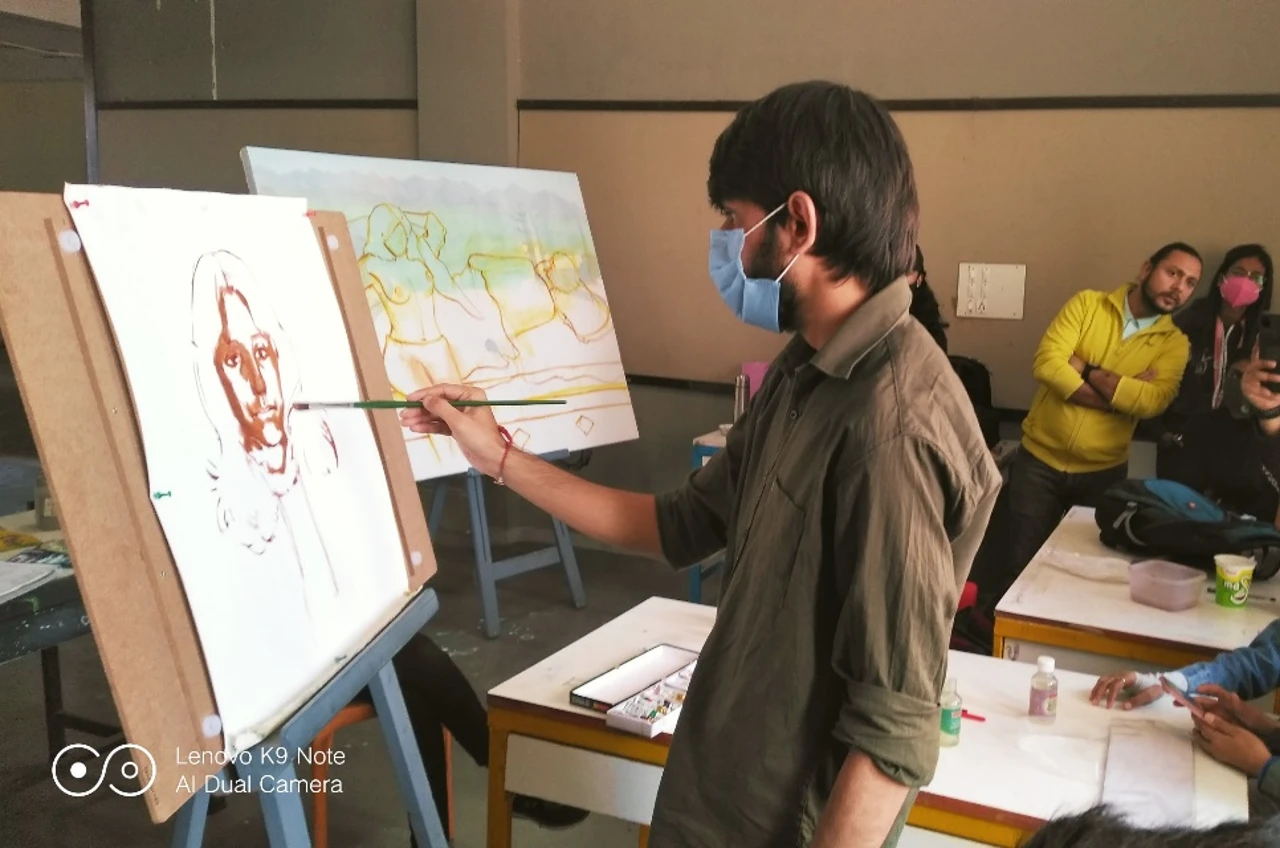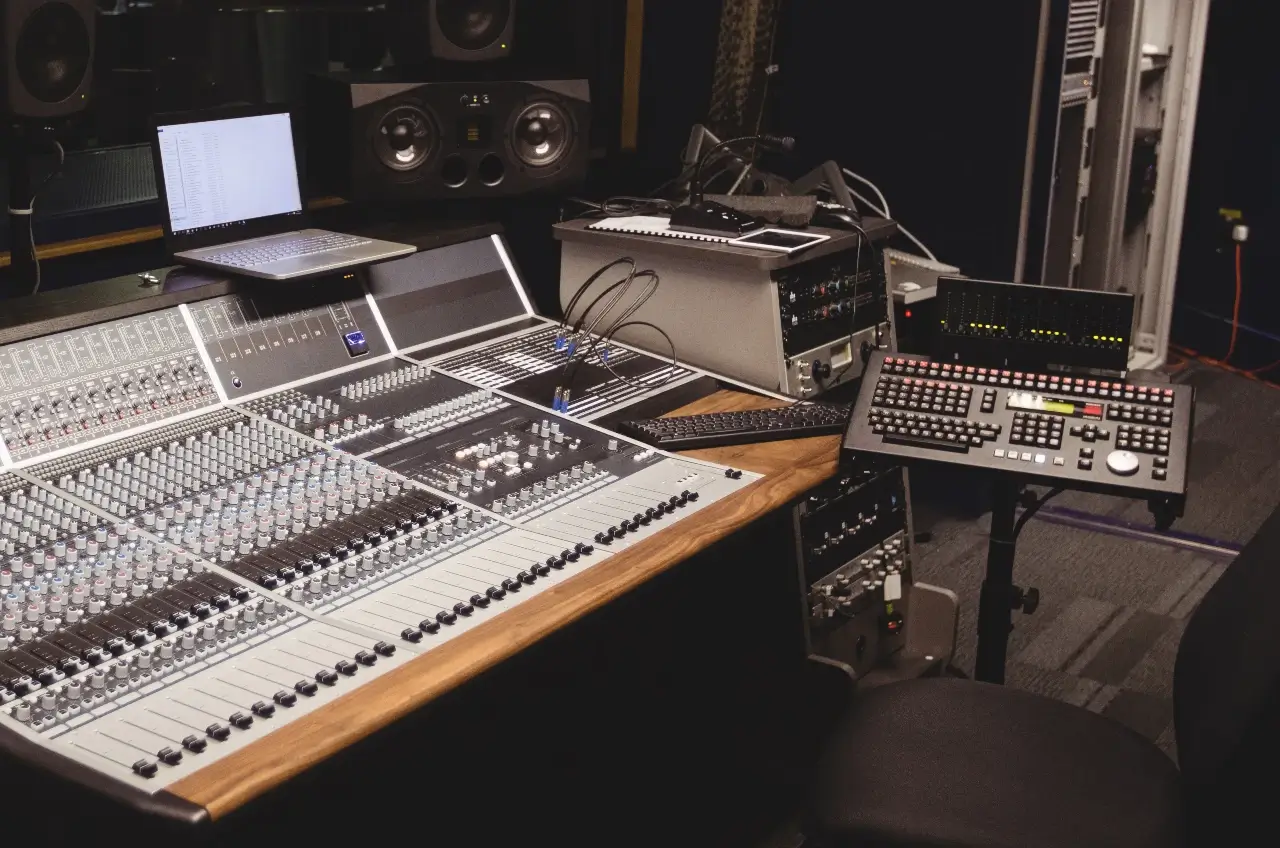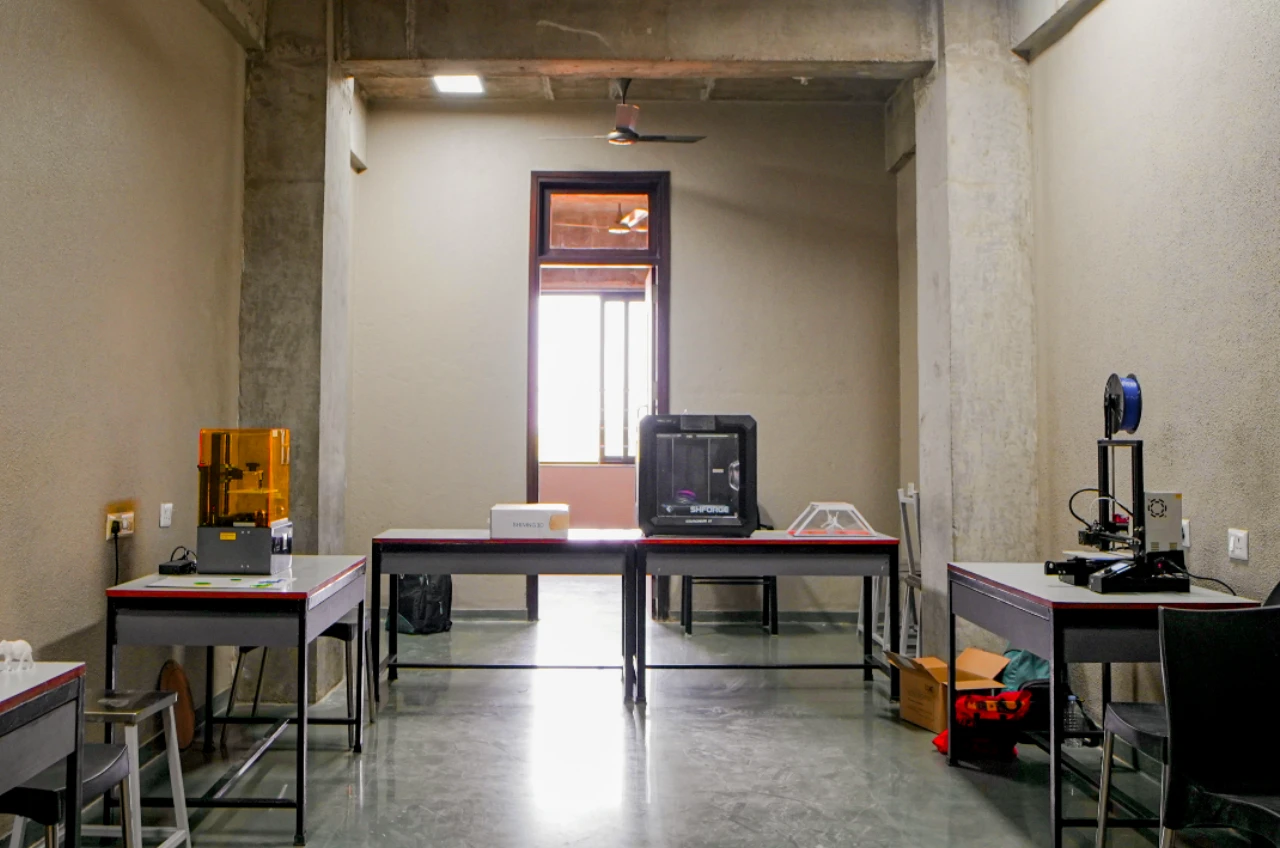Conceptualize, script, plan, and execute audio-visual projects, managing all stages from pre-production to post-production.
Operate professional filmmaking equipment, including cameras, lighting systems, sound recording tools, and multi-camera studio setups.
Demonstrate technical proficiency in cinematography, including camera sensors, lenses, lighting design, framing, encoding, and color workflows.
Edit and structure visual content effectively, using industry-standard editing, sound design, and post-production techniques.
Design and manage sound for film and broadcast, including sync sound, dialogue, music, Foley, and advanced sound mixing.
Collaborate efficiently within production teams, understanding roles, responsibilities, workflows, and professional communication.
Produce fiction, non-fiction, advertising, and music-based content, responding to diverse formats and audience expectations.
Develop industry-ready portfolios and showreels, showcasing creative vision, storytelling ability, and technical expertise.
Demonstrate professional ethics, adaptability, and industry awareness, preparing for careers in cinema, television, OTT platforms, advertising, and independent media production.







